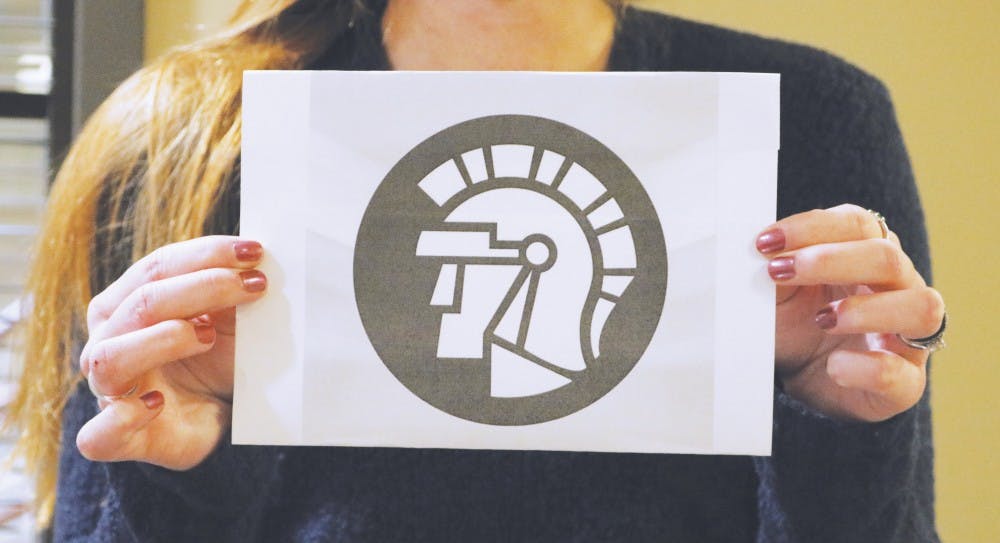Jed Barber| Echo
Airband season has arrived on campus in full swing. It promises nice, clean fun for everyone involved. However, the airband I signed on with hit a snag early on in our process.
Our theme called for a group of dancers to be dressed as ancient Egyptians. The higher ups of the Airband event told us to change this piece of our act because we did not have any Egyptians in our group, and that was cultural appropriation. I do not agree with this decision, and I think this ideology, if practiced consistently, has very far reaching effects.
Consider the Taylor Trojan. It seems innocent enough, and no one would consider it cultural appropriation. However, the ancient city of Troy from which the Trojans came was not only Greek in culture, but it would have resided in what is now modern day Turkey. If we cannot be Egyptians in an Airband because it's cultural appropriation, then we should not be the Trojans on the same grounds.
Similarly, the Airband I am a part of also features aspects borrowed from Roman culture. If we cannot have Egyptians, then we should not be allowed to have Romans either.
Now it might seem easy to think that these two cultures are acceptable to borrow from because they no longer exist, but Egypt still exists. However, that is too simple of an answer.
"Pharaonic Egyptian culture has been defunct since the first century AD, so there isn't any remaining member of that society who could be offended," Kevin Johnson, assistant professor of history, chair of the department of history, global and political studies and Egyptologist, said.
The current state and culture of Egypt are far removed from the land seen in history and the Bible. According to worldatlas.com, the current state formed in 1922, and its official name is the Arab Republic of Egypt.
Maybe, someone might be offended based on attachment to the old culture. However, it seems that modern Egyptians do not want to be associated with the old country, and especially not with its religion.
"Modern Islamic Egypt has an uneasy relationship with its ancient past," Johnson said. "On the one hand it represents a significant portion of the modern economy, but on the other hand, however, it also represents a pre-Islamic pagan past."
I do believe that cultural appropriation is real, and it can be a serious offence. If an Airband act arrived on stage sporting blackface, the judges would have every reason to have that act alter their plans. Based on the evidence above, I believe that our Airband did not fit the same category.
Admittedly, the inconvenience caused to my Airband was minimal. The notice to change something was caught early on, and I think our act is pretty good despite any alterations. However, I have a simple takeaway from this experience.
If matters like this are going to affect campus life and activities, we need to have a clear-cut definition of what it means to culturally appropriate. Then students don't do something against campus policy by accident. However, this policy needs to be well thought out, taking into consideration as many situations as possible.





